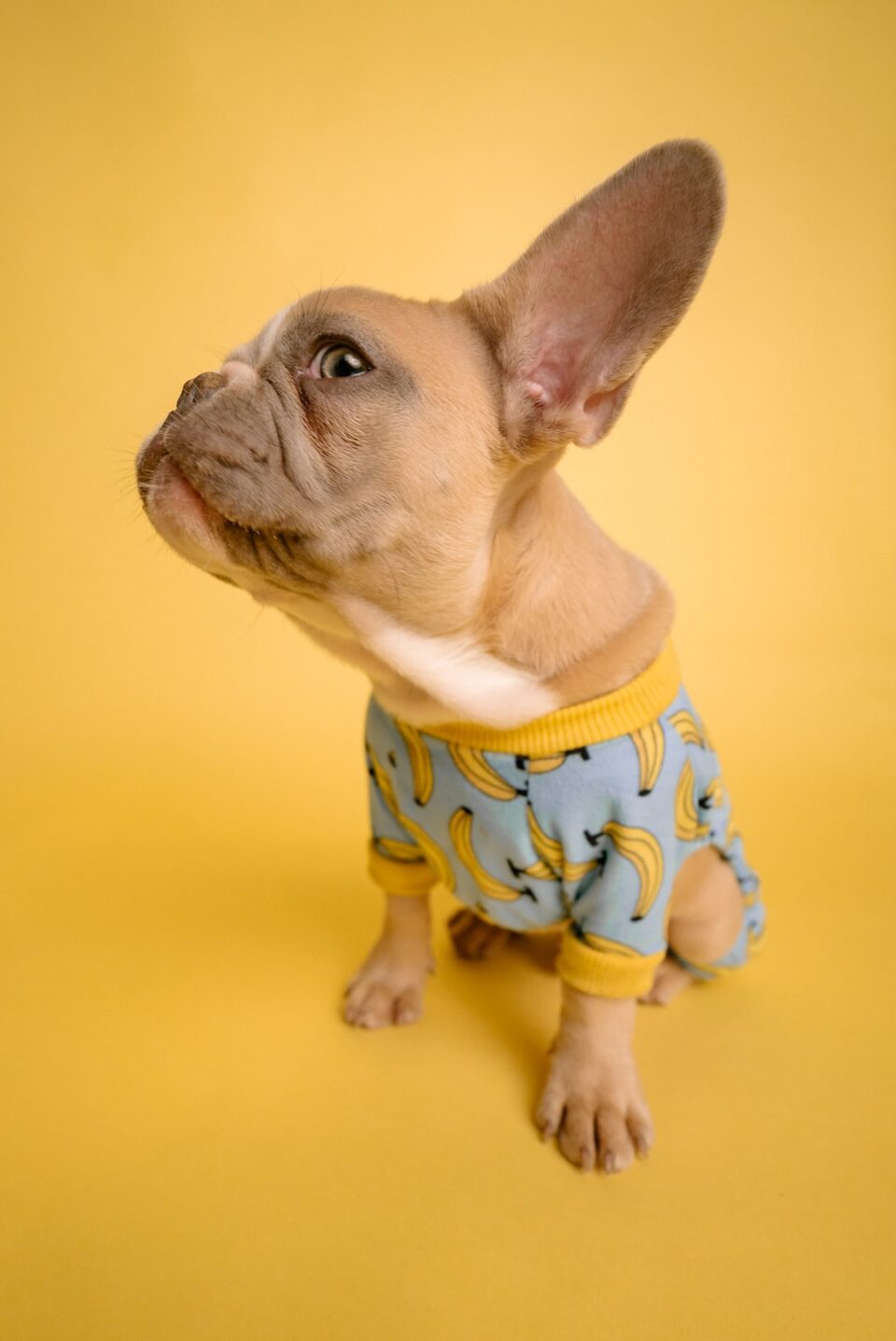Exploring Different Types of Litter for Your Cat’s Needs: Which is Right for You?
Having a cat as a pet brings immense joy and companionship, but it also comes with certain responsibilities. One vital aspect of their care is providing them with a suitable litter box and the right type of litter. With numerous options available on the market, it can be overwhelming to choose the perfect litter for your feline friend. In this blog post, we will discuss the various types of litter and help you determine which one is right for you and your cat’s needs.
1. Traditional Clay Litter:
Clay litter is one of the most popular choices due to its affordability and ease of use. This type of litter absorbs moisture effectively and controls odor to a certain extent. However, clay litter can be quite dusty, which may cause respiratory issues for both you and your cat. Additionally, clay litter is not eco-friendly and does not decompose easily, which raises concerns about landfill accumulation.
2. Natural Fiber Litter:
Made from renewable resources like corn, wheat, or pine, natural fiber litter is an environmentally friendly option. It often clumps well, making cleaning the litter box a breeze. Natural fiber litters are usually non-toxic and free from chemicals, making them a safer choice for both your cat and the environment. However, some cats may not prefer the texture of pine pellets or corn kernels and may resist using the litter box if not accustomed to it.
3. Silica Gel Litter:
Silica gel litter, also known as crystal litter, is popular for its exceptional ability to absorb liquid and control odors effectively. Made from silica crystals, this type of litter requires less frequent changing than other options. It is also virtually dust-free, providing a cleaner environment for both you and your cat. However, the crystals may cause discomfort for cats with sensitive paws, and the litter can be expensive compared to other alternatives.
4. Recycled Paper Litter:
If you are looking for an eco-friendly choice, consider recycled paper litter. Made from shredded and processed newspaper or cardboard, this litter is biodegradable and reduces waste. It is also dust-free, making it safer for cats with respiratory issues. However, recycled paper litter may not clump as well as other types, making it slightly more challenging to clean the litter box.
5. Pine Pellet Litter:
Derived from compressed pine wood, pine pellet litter is another natural and eco-friendly option. It effectively absorbs odors and controls moisture, providing a fresh-smelling environment. Many cats find the natural scent of pine appealing, which may encourage them to use the litter box consistently. However, pine pellets do not clump like clay litter, which requires scooping out only the soiled areas. This can lead to slightly more litter wastage compared to clumping litters.
When selecting the right litter for your cat, consider the following factors:
1. Your Cat’s Preferences:
Observe your cat’s response to different litters. Some cats have specific preferences for litter texture or scent. Introduce various types gradually to identify their preferred option.
2. Odor Control:
Choose a litter that effectively masks odors to keep your home smelling fresh. Different litters excel in odor absorption, so choose one that aligns with your cat’s needs and your preferences.
3. Your Cat’s Health:
If your cat has respiratory issues, opt for a dust-free litter to minimize discomfort. Additionally, if your cat tends to ingest litter while grooming, avoid clumping types that may cause blockages.
4. Environmental Impact:
Consider the environmental impact of the litter you choose. Eco-friendly options help reduce waste and promote sustainability.
5. Cost and Convenience:
Evaluate the cost and ease of use when selecting a litter. Some litters may be more expensive initially, but require less frequent changing, making them cost-effective in the long run.
Ultimately, the ideal litter choice varies based on your cat’s needs, your preferences, and your lifestyle. It is essential to provide a clean and comfortable litter box for your feline companion, as this directly affects their litter box habits and overall happiness. Keep in mind that it may take some experimentation to find the perfect litter for your cat, so be patient and open to trying different options.

